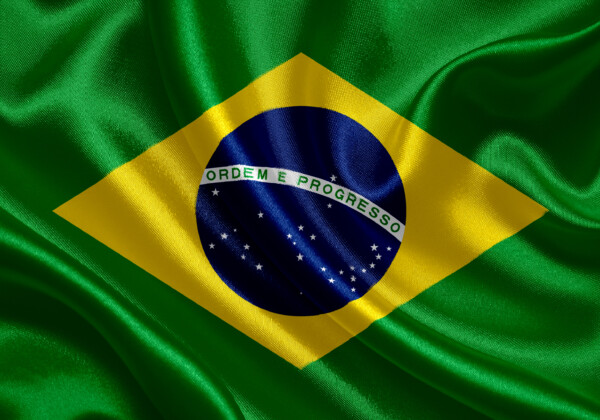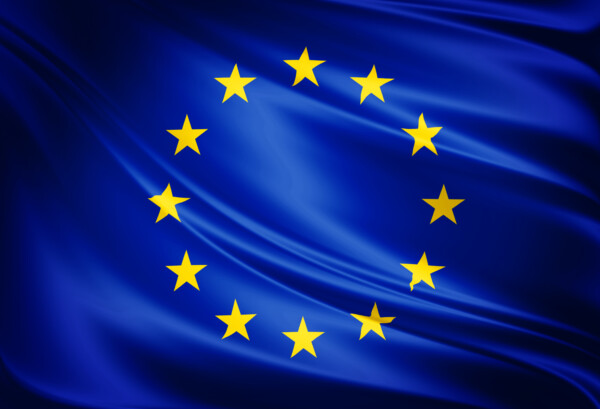
Actions by the Brazilian export segment seek to mitigate the impacts of European legislative proposals.
The European Union is the main Brazilian coffee destination, accounting for approximately 50% of coffee exports. Due to the importance of this consumer market, the Brazilian Coffee Exporters Council (Cecafé) constantly monitors regulatory trends in Europe that could potentially impact coffee trade flow.
That is the case with the revision of the European legislation on Sustainable Use of Pesticides, which will accentuate the movement towards Maximum Residue Limit (MRL), impacting agricultural products trade in general, including coffee.
The directive on Sustainable Use of Pesticides came into effect in 2009, already aiming to mitigate the European Union dependency on such inputs, seeking to encourage Member States to use nonchemical alternatives.
Approximately 13 years later, a new regulation proposal is under discussion and seeks to be in better alignment with the Green Deal’s goals and the Farm to Fork’s strategy. Thus, the proposal may become the first law that sets binding targets for the European Union to reduce pesticide use by 50% by 2030.
In response to concerns related to economic and food security-related impacts due to lower agricultural productivity and rising production costs, the European legislators emphasize the alignment of the proposal with the new Common Agricultural Policy (CAP), which is expected to enter in effect on January 1st, 2023.
The new CAP establishes financing support to Member States in actions to promote sustainable farming practices and achieve pesticide-use reduction targets. These include instruments to promote precision agriculture, including investment financing on machinery, risk management tools, and support for the development of technical knowledge for integrated pest management with reduced application of chemical inputs.
If approved, the new regulation on Sustainable Use of Pesticides will allow Member States to aid farmers under the CAP to cover cost increases arising from the obligations imposed by the legislation.
It should be noted that the goals for reducing the use of chemical pesticides are justified in the legislative proposal not only to ensure public health, but also to preserve biodiversity and protect the environment, particularly to safeguard pollinator populations.

This rationale is similar to that used in the proceedings for the European Union’s ongoing revision of the MRL, in which environmental criteria emerge as decisive factors on the reduction and exclusion of such limits, impacting the trade flow of agricultural products. Consequently, there is a rising concern that a new legislation on Sustainable Use of Pesticides may aggravate the growing problem of an MRL mismatch between export and import markets.
A recent example, presented by Cecafé at the “IV Workshop on Residue Limits and the International Market”, is that the European market will decrease MRLs for neonicotinoid insecticides to numbers close to zero, based on environmental criteria. The decision disregards that exporting countries, such as Brazil, have strict regulations and effective instruments, scientifically proved, to evaluate, manage and mitigate the risks of pesticides to human health and the environment.
Aware of the scenario, Cecafé has engaged, in the past years, in global and local discussions and management to advocate for the most important MRLs for coffee trade, seeking to make commercial partners and public representatives aware of the risks and mismatches on residue limits for the export chain. The European Coffee Federation, the diplomatic representation of Brazil in Brussels, and the Ministry of Agriculture have been important partners in the process.
To mitigate impacts such as cost increases to the exporting chain, Cecafé’s Social Responsibility and Sustainability (RSS) pillar constantly monitors the international regulatory scenario, informing member exporters in a timely manner about any MRL changes in the main destination markets for Brazilian coffee.
Cecafé also works to increase awareness in the field regarding the risks of non-compliance with the MRLs and the importance of responsible use of pesticides as one of the tools of integrated pest management. To this end, two programs were developed under the RSS Pillar: Residue Monitoring and Informed Farmer.
The first seeks to assess the levels of compliance of Brazilian coffees with the different MRL policies of the main destination markets, to evaluate risks, and guide Cecafé’s actions of institutional engagement and promotion of good agricultural practices.
The Informed Farmer program is being updated, with the development of a Distance Learning Platform, in the scope of the Collective Action Initiative “Responsible Use of Pesticides,” of the Global Coffee Platform (GCP). With the innovation, we intend to train thousands of farmers in good agricultural practices, focusing on integrated protection of coffee growers as a strategy to increase the sector’s resilience to external regulatory shocks, with the potential to limit its access to important markets.
The coffee exporting industry is aware of global challenges and is acting proactively to increasingly integrate ESG practices into the supply chain. Combining quality production, environmental conservation, science, innovation, and care for people, Brazil remains a leader in the global coffee trade.
Marcos Matos
CECAFÉ CEO
Silvia Pizzol
CECAFÉ Sustainability Manager


Leave A Comment